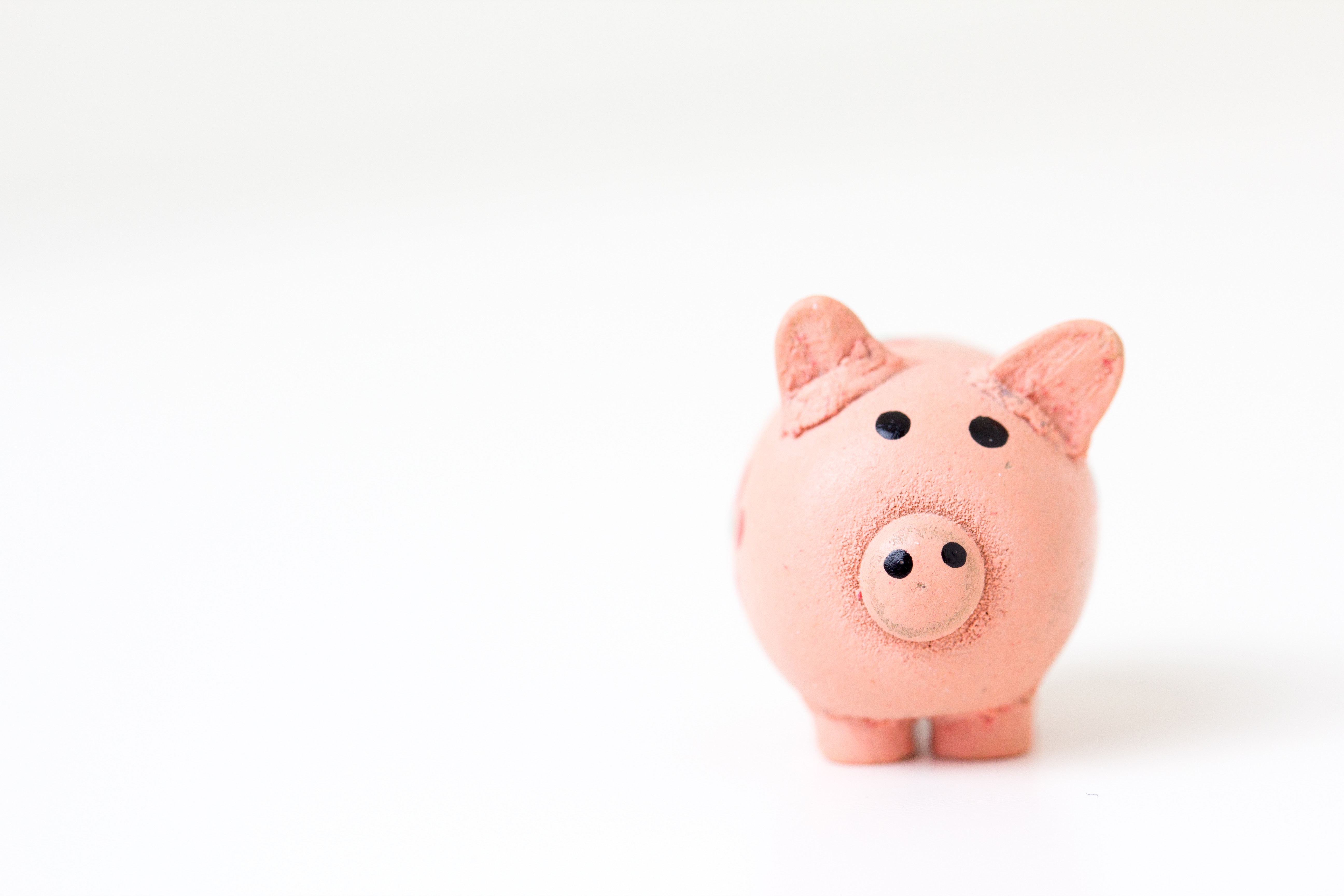Homebuying
How Much Should I Have Saved Before I Buy A House?
March 12, 2019 2:03 am
There are so many magic questions that come with buying a home — from ones on pre-approval to ones about the perfect realtor — but, “how much should I have saved before buying my first house?” has to top the list.
When you’ve dedicated your life to renting apartment after apartment, the decision to navigate an entirely new housing market feels both daunting and at times incredibly undoable. All first-time buyers tend to hit a point where their biggest fear is whether or not they’ll even be able to afford a move in the first place.
Our home-buying expert Alana Mitnick Benjamin, a member of Suburbit’s realtor network and an Associate Real Estate Broker at Daniel Gale Sotheby’s International Realty, shares that it’s totally normal to feel overwhelmed by the dollar signs involved with buying your first home, but information is power.
Going to a mortgage lender early-on in the process can, “help you get a clear picture on what you can afford versus the belief that just because you make ‘X’ amount of dollars means you can afford what you think,” explains Mitnick Benjamin.
While a good rule of thumb is to know that traditionally sellers have required at least 20% of the total price of the home as a down payment, some new trends find that 5% may be more than enough. Knowing what you can afford is clarified by your pre-approval, while understanding what rate you’re looking at for your down payment can come down to a home by home basis. Tapping into a professional network can help ensure that you’re on the right track from the get. Giving yourself the cushion to save 10-20% of your yearly gross income for at least 12 to 24 months ahead of wanting to buy is also a smart move, according to credit.com.
When we talked to Mitnick Benjamin about what exactly should be going in your budget once you’re knee-deep in open houses and potential closing deals, she also mentioned the importance of factoring in a budget for closing costs. Closing costs, which come at the end of the homebuying process, can average 2-5% of the cost of the home, she noted. Between the 20% and the closing costs you’ll need to have a strong cash cushion before you start searching for your first time home.
Setting yourself up for success in the homebuying process starts with committing to knowing that it’s always best to have more saved than to have less. Once you start getting the itch for a larger space or a quieter town, start adding an extra “home savings” line update to your monthly budget. Eventually, as the months pile up, so will your 20% plus closing.
Remember that we’re to help you out along the way. Sign up for our newsletter and we’ll send you periodic reminders on how to stay on track with your homebuying goals.